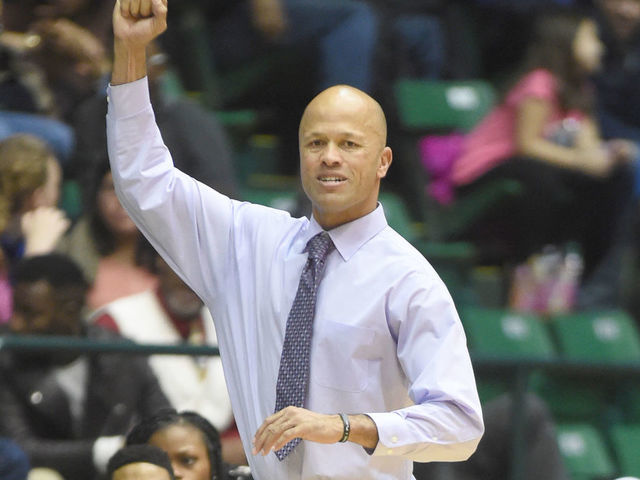Investment will be used to address access to care and nursing shortages, educational resources and technology.
Blue Cross and Blue Shield of North Carolina (Blue Cross NC) will invest $1 million in North Carolina Central University’s (NCCU) nursing program. The investment is part of Blue Cross NC’s commitment to contribute $50 million toward community health initiatives in 2018. The investment is partially funded through $40 million in tax savings generated through the recently passed Tax Cuts and Jobs Act.
NCCU will use the investment for scholarships to address access to care and nursing shortages, educational resources and technology.
“As a practicing physician, I’ve seen firsthand the central role that nurses play in creating a higher-quality, more affordable health care system,” said Dr. Patrick Conway, President and CEO of Blue Cross NC. “We are excited to be able to help NCCU admit and train new nurses, especially from rural North Carolina. To bring costs down and increase quality, we have to think more broadly about what it means to invest in health – this is a great example of that principle in action.”
According to a recent study by Georgetown University, North Carolina is projected to have the second-largest shortage of nurses in the nation – a deficit of 12,900 nurses. The shortage is especially challenging in rural North Carolina. The state’s metropolitan areas have 32 more nurses for every 10,000 people than rural counties. Seventy of North Carolina’s 80 rural counties are classified as “medical deserts” due to their lack of primary care. Additionally, nurses play a central role in increasing the value of health care, both in terms of improved outcomes and lower costs.
“North Carolina Central University is grateful to Blue Cross and Blue Shield of North Carolina for making a major investment in the university,” said Dr. Johnson O. Akinleye, NCCU Chancellor.
“This significant gift for our Department of Nursing will ensure that NCCU will continue to fulfill a critical workforce demand for the state of North Carolina and supply compassionate care, knowledgeable practitioners and highly trained healthcare providers who serve the citizens of North Carolina.”
NCCU’s nursing program is dedicated to providing access to the profession for students from diverse backgrounds in regards to race, gender, socio-economic status and locality. Specifically, increasing the number of African-American nurses will provide minority populations with increased access to practitioners with whom they share similar backgrounds, experiences and communities. These commonalities can foster patient trust and improve health care satisfaction scores, which can lead to higher compliance, better outcomes and lower costs for everyone.
The $1 million will be invested into the following areas:
- Scholarships, Recruitment, and Retention
There is a significant need for scholarships and financial aid, especially to students from poor, rural areas. NCCU plans to use funding to increase the number of low-income graduates from 781 in 2016 to 916 by 2022. The school plans to increase the number of rural area graduates from 344 in 2016 to at least 400 in 2022.
NCCU will partner with local community colleges to increase the number of students in its RN to BSN program. Nurses from rural counties who earn BSNs are twice as likely as those from more urban counties to practice in rural areas. Additionally, patients who receive 80 percent or more of their care from nurses with baccalaureate educations have 7 percent lower odds of readmission than patients treated by nurses without degrees.
- Educational Training
Students who earn a nursing degree must pass the NCLEX exam before they are allowed to practice. NCCU’s will use funding from this investment to help prepare its students for the NCLEX.
- Technology
NCCU’s nursing program includes the state-of-the-art Eagle General Hospital, which is equipped with smart classrooms and computer laboratories. NCCU will use funding from the investment for technology upgrades such as pediatric simulators to provide students with proper practical experience.



